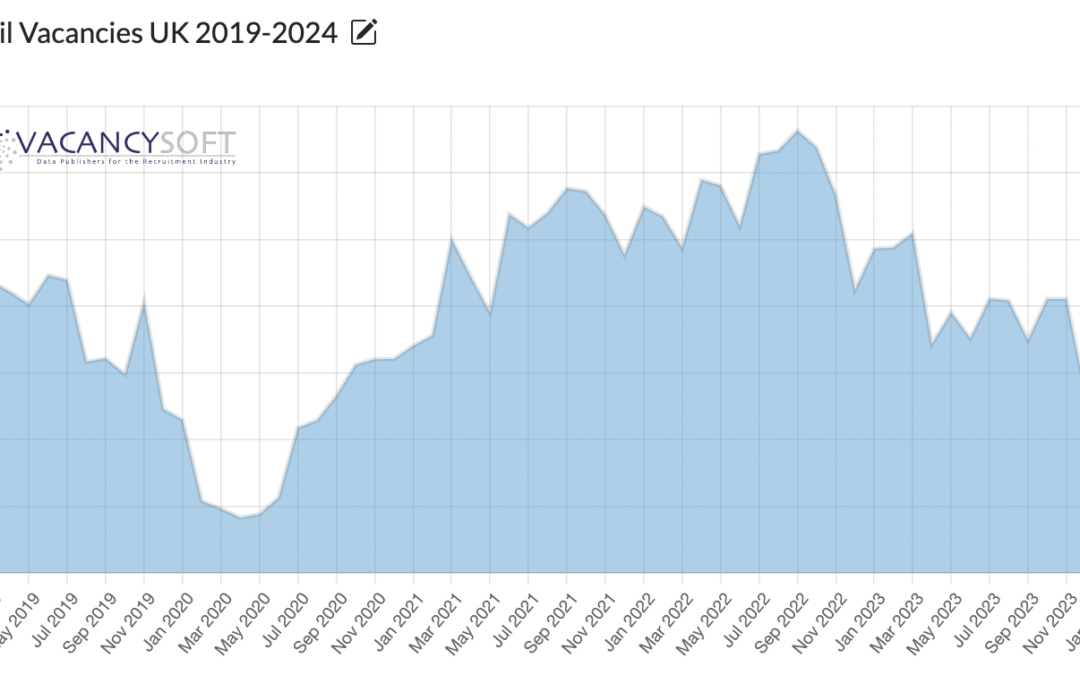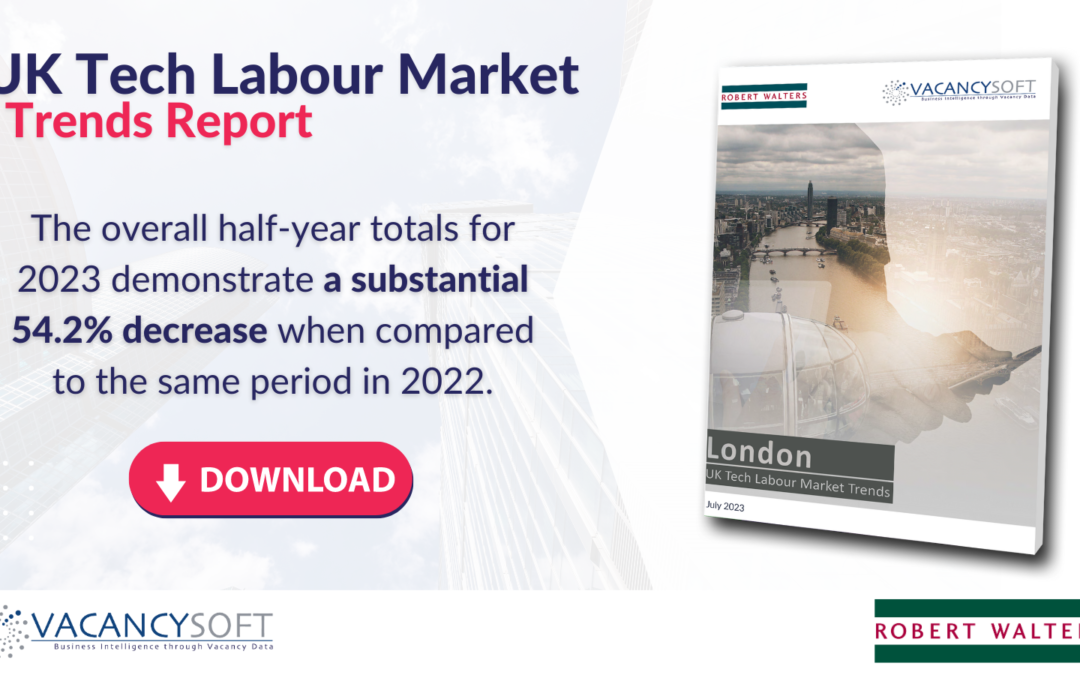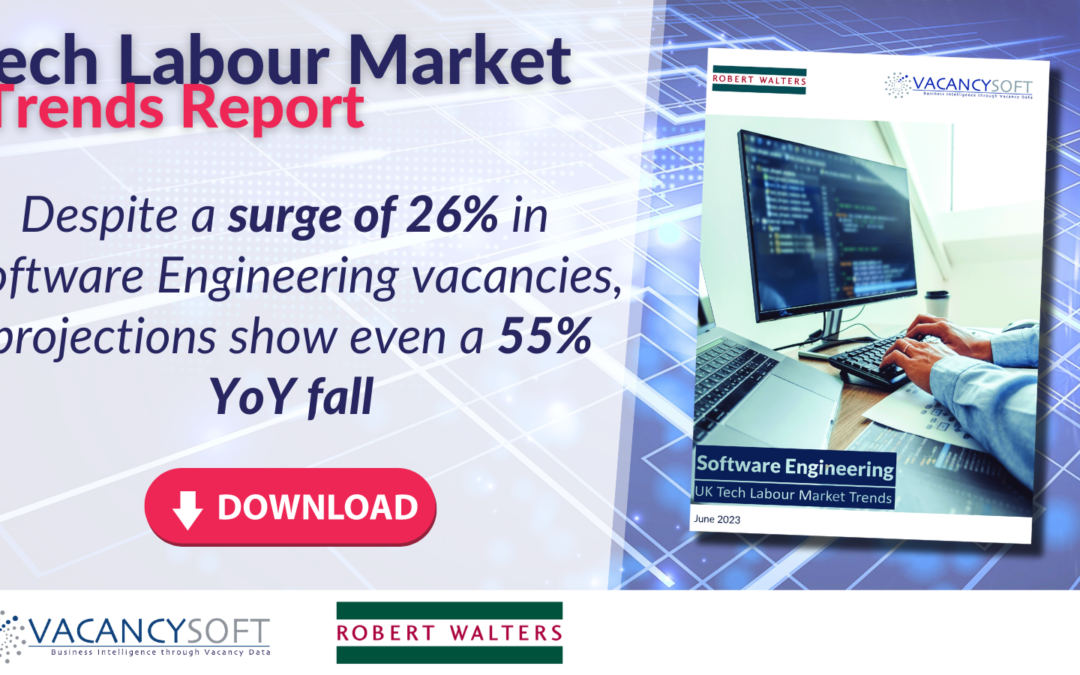
With the general election looming, increasingly the question is becoming one of judgement. Who do we trust to represent the country and with that, the economy? The UK economy is consumption led, meaning that what happens in retail and consumer goods and services, is significant, when looking at economic activity. With that, in what is turning out to be a spectacular own goal, the Government’s ill fated ‘tourist tax’ on retail (not allowing VAT rebates on shopping) is starting to be felt amongst retailers.

Despite the fact vacancies have dropped in 2023 versus 2022, we see this as a temporary lull, as the attack vector is bigger than ever before. IT security vacancies are expected to total approximately 4,187 for the year, marking a 30.7% decrease from the 6,045 vacancies observed in 2022. Equally, at the same time, IT security has increased in share of all IT vacancies, from 4.1% last year, to 4.7%, making it one of the fastest-growing segments. This is according to the latest UK Technology Labour Market Trends report by Robert Walters and market data analysts Vacancysoft.

When examining the overall half-year totals for 2023, we can see a substantial 54.2% decrease when compared to the same period in 2022, where across all sectors, companies have been slowing down.

Despite the difficult economic climate, companies are still looking to hire exceptional software engineering talent and are prepared to pay a premium for those with the right background and knowledge of sought after programming languages. Nonetheless, 2023 is on track to have 55% less software engineering vacancies than last year, according to the latest Technology report by Robert Walters and labour market data analysts Vacancysoft.







